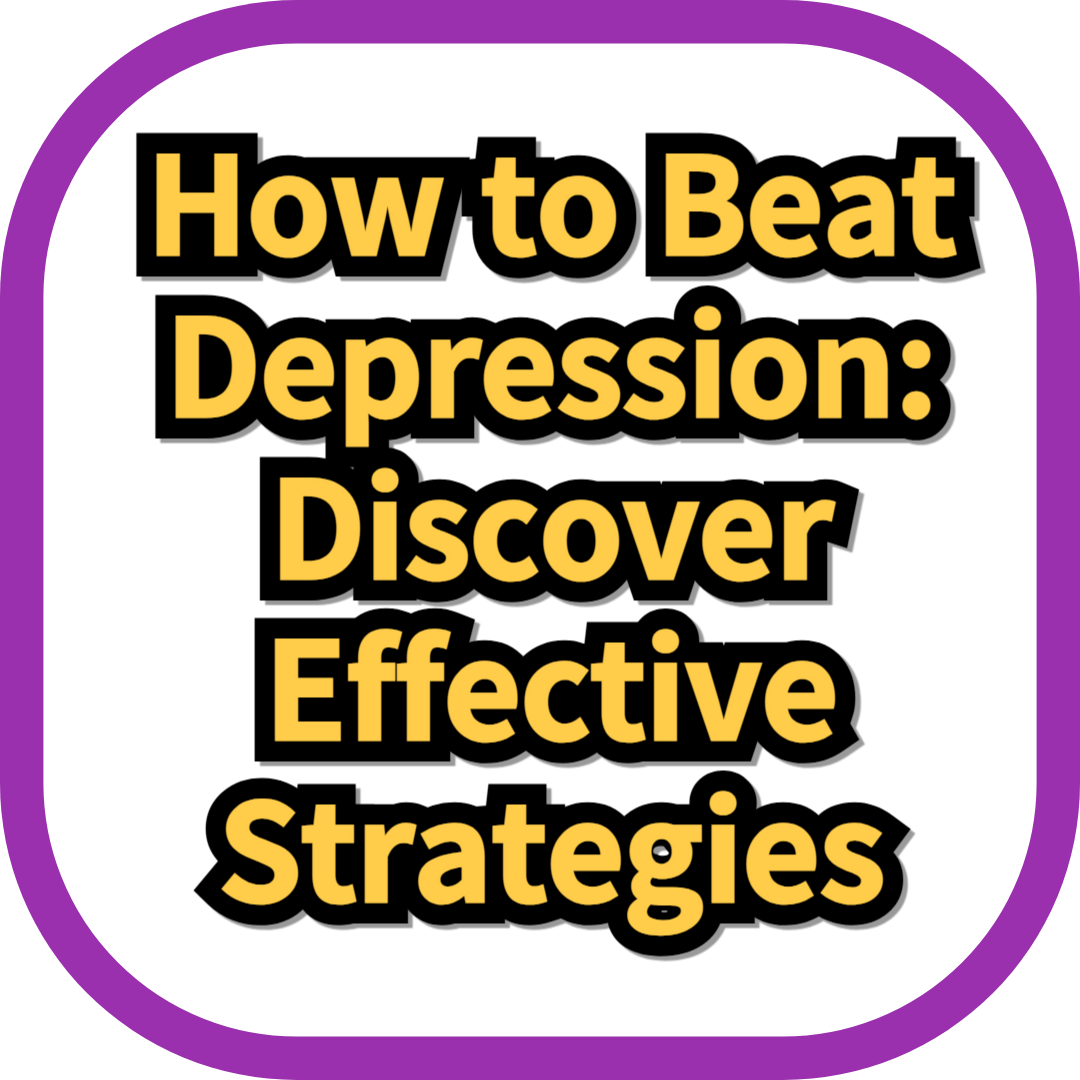How to Treat Depression: Symptoms, Causes, and Effective Strategies
Symptoms of Depression
Recognizing the symptoms is the first step towards seeking help and treatment. Common symptoms include:
- Persistent Sadness: Feeling sad or empty most of the day, nearly every day.
- Loss of Interest: Losing interest in activities once enjoyed, including hobbies and social interactions.
- Physical Symptoms: Experiencing changes in appetite, sleep disturbances, fatigue, and unexplained aches and pains.
These symptoms can vary in intensity and duration, but if they persist for more than two weeks, it is essential to seek professional help.
Causes of Depression
Depression is a complex condition with multiple contributing factors. Some of the primary causes include:
- Biological Factors: Imbalances in brain chemicals, genetic predisposition, and hormonal changes can contribute to depression.
- Psychological Factors: Traumatic events, chronic stress, and negative thought patterns can trigger depressive episodes.
- Social Factors: Isolation, lack of support, and difficult life circumstances can exacerbate feelings of depression.
Understanding these causes can help in developing a comprehensive treatment plan tailored to an individual’s needs.
Actions and Activities to Combat Depression
Engaging in specific activities can significantly improve mood and overall mental health. Here are some effective actions to consider:
- Exercise: Regular physical activity, such as walking, jogging, or yoga, can boost endorphin levels and reduce symptoms of depression.
- Mindfulness and Meditation: Practicing mindfulness and meditation can help manage stress and promote a sense of calm and well-being.
- Social Interaction: Spending time with loved ones and participating in social activities can provide emotional support and reduce feelings of isolation.
Incorporating these activities into daily routines can create a positive impact on mental health.
Foods That Help with Depression
Diet plays a crucial role in mental health. Certain foods can help alleviate symptoms of depression by providing essential nutrients. Consider adding the following to your diet:
- Leafy Greens: Rich in folate and magnesium, leafy greens like spinach and kale can improve mood.
- Berries: High in antioxidants, berries such as blueberries and strawberries can protect against cell damage and enhance mood.
- Fatty Fish: Omega-3 fatty acids found in salmon and mackerel can support brain health and reduce inflammation.
Maintaining a balanced diet with these nutrient-rich foods can support overall mental well-being.
Mindfulness and Meditation
Mindfulness and meditation are powerful tools for managing stress and improving mental health. Here are some key benefits:
- Reduced Stress: Mindfulness meditation helps lower the body’s stress response, which can improve both mental and physical health.
- Improved Emotional Regulation: Practicing mindfulness can enhance your ability to manage emotions, leading to better mental well-being.
- Enhanced Focus and Clarity: Regular meditation can increase attention, focus, and clarity in thinking.
Incorporating mindfulness and meditation into your daily routine can provide significant benefits for your overall well-being.
Detailed Treatment Methods
Treating depression often requires a multifaceted approach. Here are some effective methods:
- Psychotherapy: Various forms of therapy, such as cognitive-behavioral therapy (CBT), interpersonal therapy (IPT), and psychodynamic therapy, can help individuals understand and manage their depression.
- Medication: Antidepressants, such as selective serotonin reuptake inhibitors (SSRIs) and serotonin-norepinephrine reuptake inhibitors (SNRIs), can be prescribed to help balance brain chemicals.
- Lifestyle Changes: Incorporating regular exercise, a healthy diet, and sufficient sleep can significantly improve symptoms of depression.
- Professional Consultation: Seeking help from a mental health professional is crucial. Therapists can provide personalized treatment plans and support throughout the recovery process.
Conclusion
Depression is a challenging condition, but with the right knowledge and strategies, it is possible to manage and overcome its effects. Recognizing the symptoms, understanding the causes, and incorporating beneficial actions, exercises, and foods into daily life can make a significant difference. If you or someone you know is struggling with depression, seeking professional help is crucial. Remember, you are not alone, and there are resources and support available to help you on your journey to better mental health.
If you would like to gain more information, please click here. https://www.psychologytoday.com/us/basics/depression
